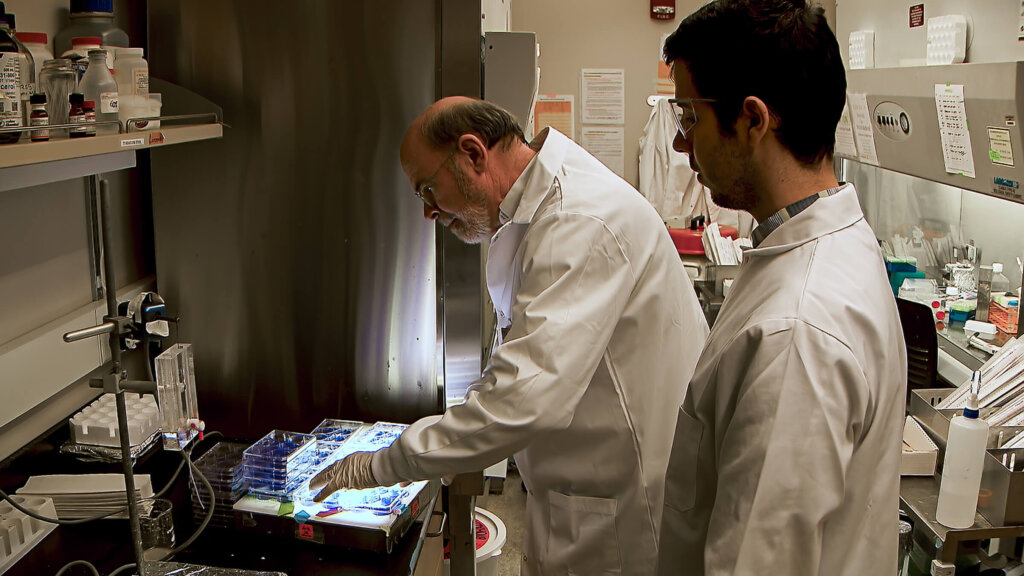Office of Research awards funds in new SPARK program

WEST LAFAYETTE, Ind. — Three large, interdisciplinary research projects have been chosen as the first to receive Purdue University SPARK funding. SPARK (Supporting Partnering for Advanced Research Teamwork) is a recently launched strategic initiative within the Office of Research to support and empower Purdue-led research to achieve national prominence through the establishment of cutting-edge research centers. The program provides up to $100,000 in salary supplements and other support for development activities, such as project strategy and proposal development needed to secure federally funded awards in excess of $7 million.
“These three dynamic teams exemplify interdisciplinary research excellence at work,” said Karen Plaut, executive vice president for research. “The Office of Research is delighted to recognize and support these teams as they establish centers to grow Purdue’s research excellence at scale. And we are just beginning; we look forward to supporting other teams – by adding a spark – to ambitious efforts that will enable transformational impact at the highest levels.”
First-round SPARK funding recipients are:
- The Center for Atomically and Molecularly Programmable Semiconductors. This team is led by Libai Huang, professor of chemistry. Also contributing are Rakesh Agrawal, the Winthrop E. Stone Distinguished Professor of Chemical Engineering, and Letian Dou, the Charles Davidson Associate Professor of Chemical Engineering.
- Structural and Molecular Determinants of Bunyavirus Particle Formation and Infectivity. The leader of this team is Richard Kuhn, the Trent and Judith Anderson Distinguished Professor in Science and the Krenicki Family Director of the Purdue Institute of Inflammation, Immunology and Infectious Disease. Co-PIs are Douglas LaCount, associate professor of medicinal chemistry and molecular pharmacology; Lauren Ann Metskas, assistant professor of biological sciences and chemistry; and Robert Stahelin, the Retter Professor of Pharmacy and professor of medicinal chemistry and molecular pharmacology.
- Synthesizing Microbiomes to Predict and Improve Holobiont Resilience. Leading this team is Stephen Lindemann, associate professor of food science. Co-PIs are Tzu-Wen Cross, assistant professor of nutrition science; Laramy Enders, assistant professor of entomology; and Mohit Verma, assistant professor of agricultural and biological engineering.
Kuhn expressed appreciation for the award, saying that the SPARK grant “recognizes the urgent need to support our team’s preparedness efforts in developing a Bunyavirus research program and countermeasures for the potential of future pandemics.”
Future SPARK application rounds are not yet on a definite schedule, but the next round is anticipated at the end of summer, assuming the availability of funds. For comprehensive SPARK information, including program format, eligibility, application process and evaluation criteria, visit the SPARK website.
Writer/Media contact: Amy Raley, araley@purdue.edu
Source: Kristyn Jewell, kristynj@purdue.edu